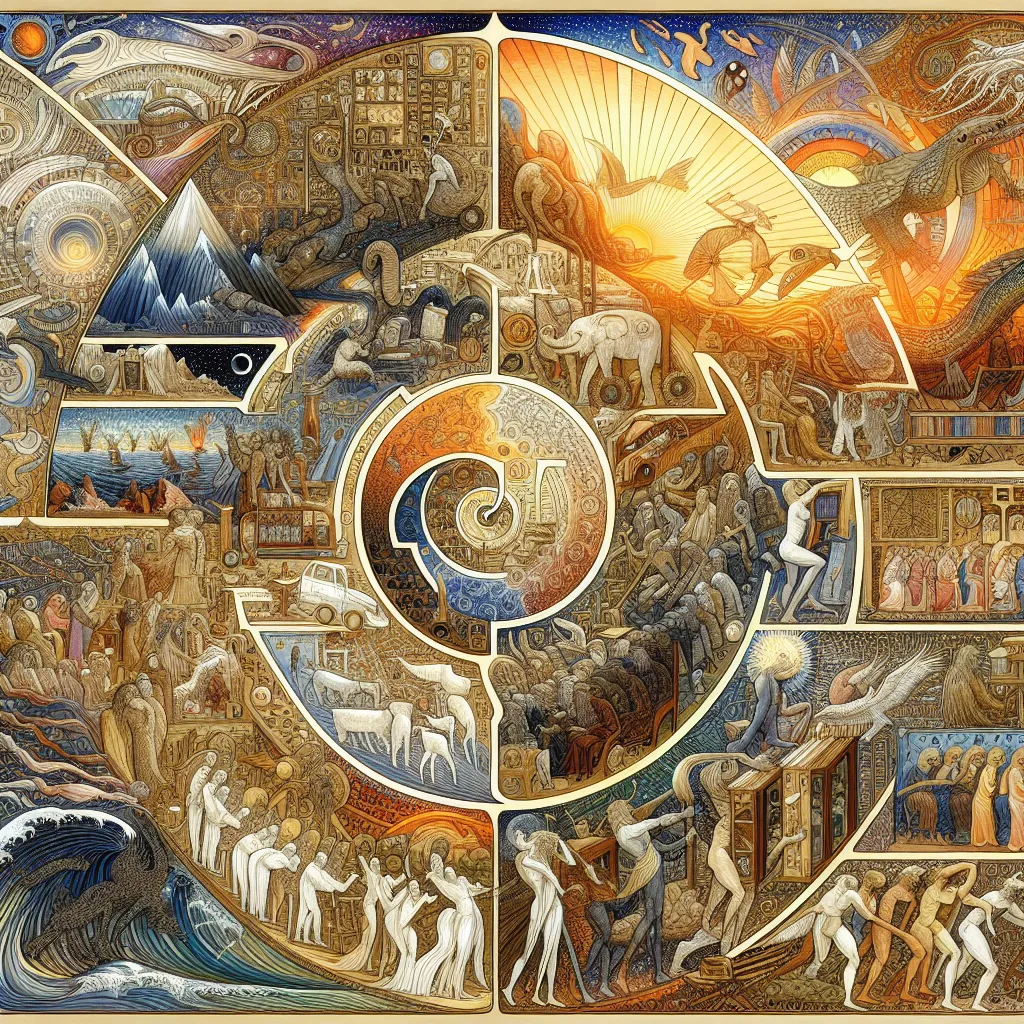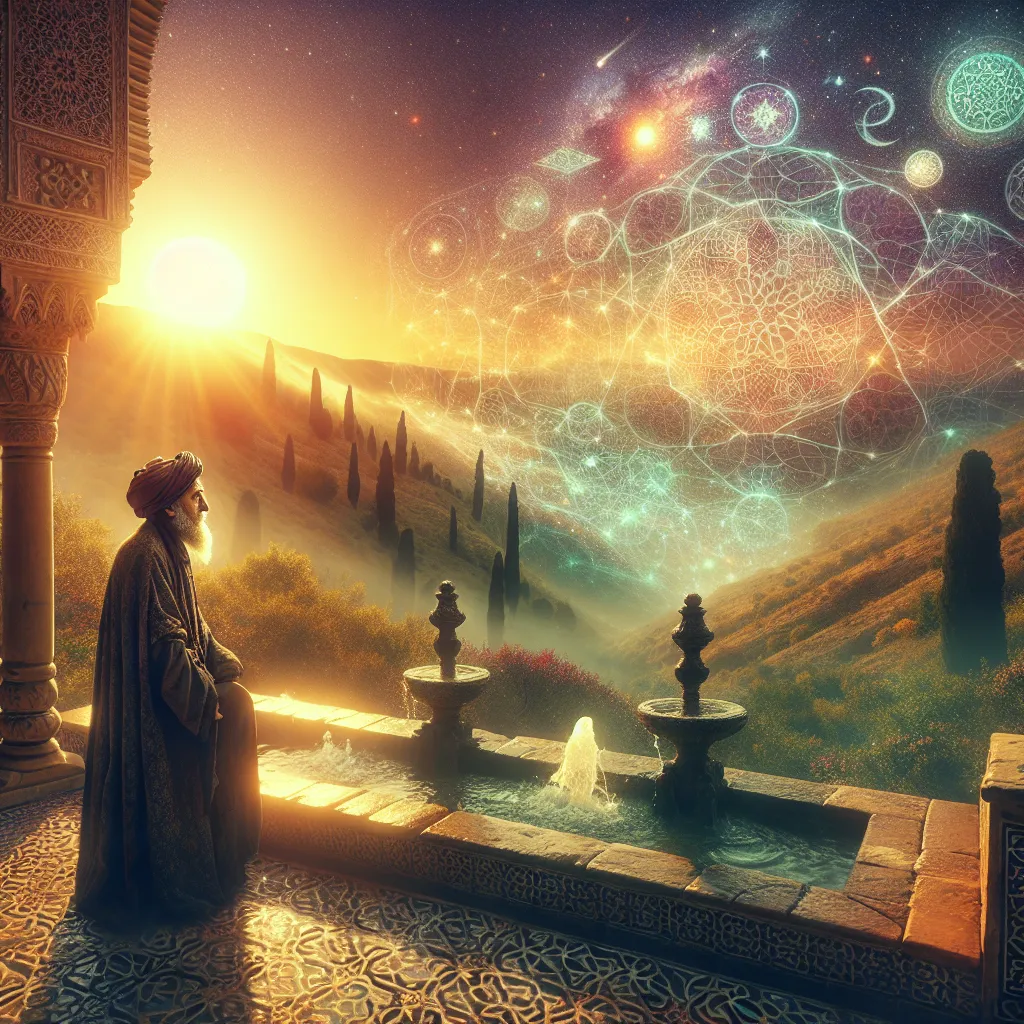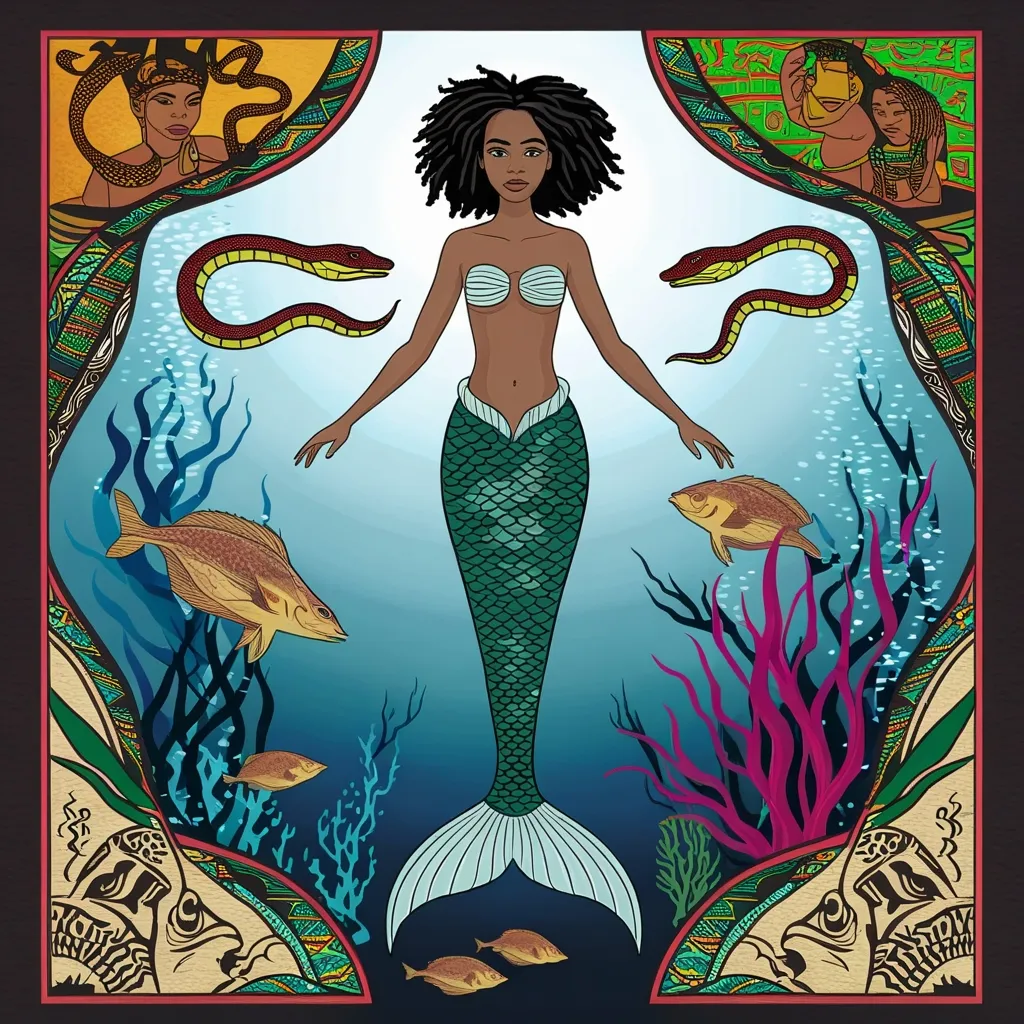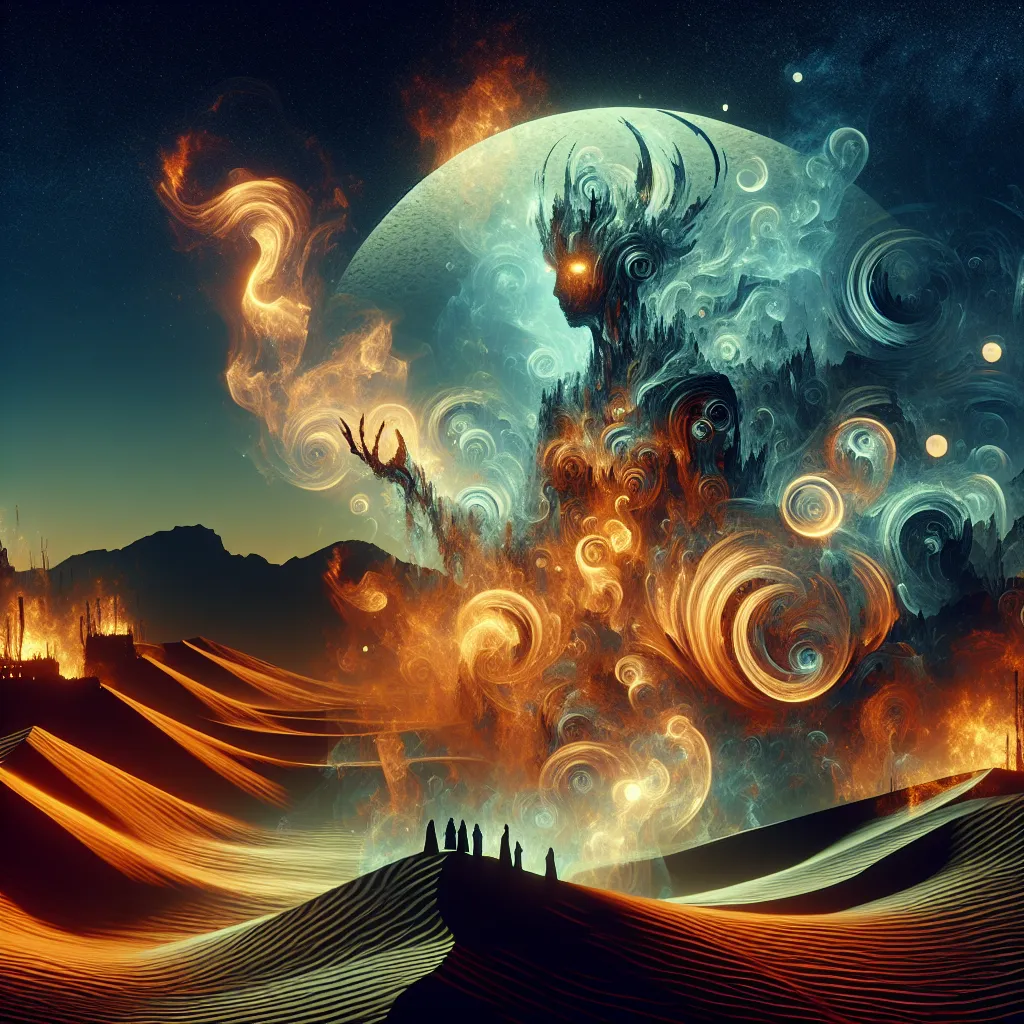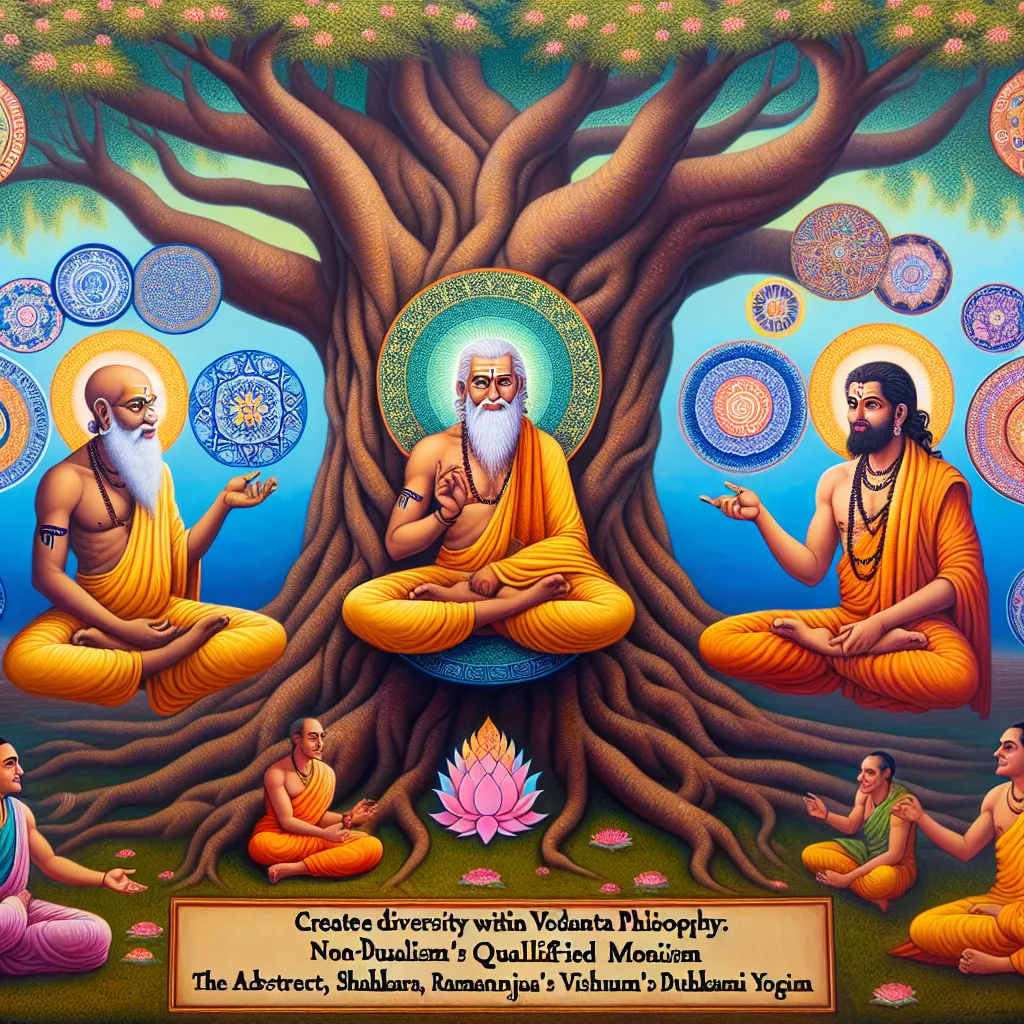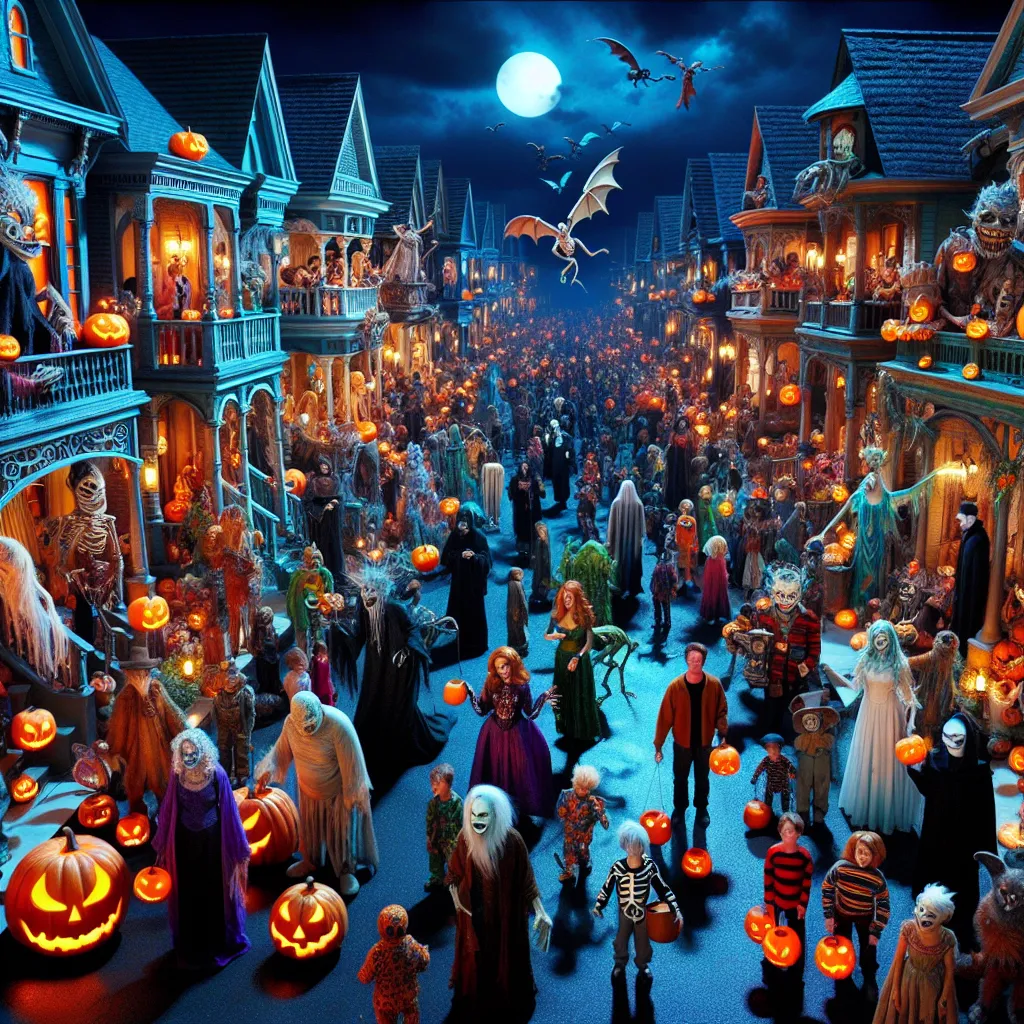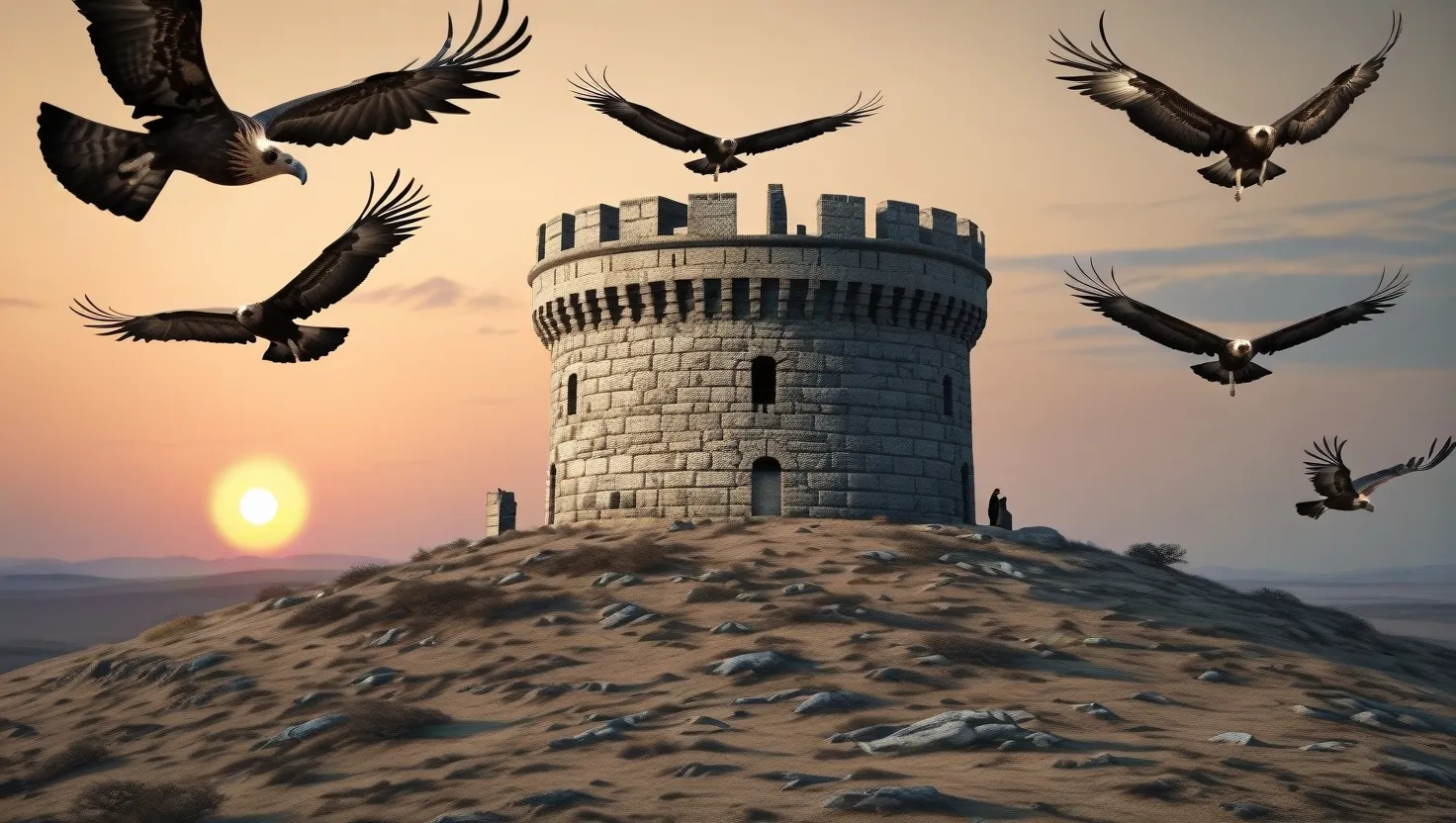There’s this book called the Bible. It’s pretty popular, to say the least, and it’s considered sacred by billions around the world. It’s arguably the most well-known piece of literature in history. The Bible has various versions, but let’s focus on the Hebrew Bible, known to Christians as the Old Testament and to Jews as the Tanakh. While Christians later added the New Testament, the Old Testament remains holy to both Jews and Christians.
The Hebrew Bible isn’t just one book but a collection of many. Among the most revered texts is the Torah or the five books of Moses—which consist of Genesis, Exodus, Leviticus, Numbers, and Deuteronomy. These books cover tales from the creation of the universe, Adam and Eve, Noah’s Ark, Abraham, and Moses leading his people out of Egypt to receiving the Commandments on Mount Sinai.
Now, who actually wrote the Torah? According to Jewish tradition, it was revealed to Moses by God on Mount Sinai. But from a historical viewpoint, there’s no concrete evidence to confirm this, and some scholars even debate Moses’ existence. Most biblical scholars today think that the Torah was composed in fragments by many people over a long period, not just by Moses.
The history of Israel is quite murky, but we do know that there was a unified kingdom around the 10th or 9th century BCE. Some evidence supports the existence of a house of David, indicating that parts of the Bible stories have historical roots. Scholars like Matthew Rochelle and Erhart Blum suggest that the oldest fragments of the Hebrew Bible date back to around the 8th century BCE. However, many of these stories likely existed orally long before they were written down.
Theories about how the Torah came to be are plenty, but the documentary hypothesis stands out. Proposed by Julius Wellhausen, this theory posits that the Torah was composed by four main sources over several centuries: the Yahwist source (J), the Elohist source (E), the Deuteronomist source (D), and the Priestly source (P). Each source reflects different periods and theological perspectives.
For example, Genesis 1 and Genesis 2 offer different accounts of creation. Scholars believe the first chapter stems from the Priestly source and the second from the Yahwist source. The Priestly source, written during the Babylonian exile, focuses on a transcendent God and elaborate rituals. By contrast, the Yahwist source portrays a more anthropomorphic God.
The Babylonian exile was crucial for the development of Judaism. Many changes in religious practices and theological ideas emerged during this time. Before the exile, Israelites might have practiced a form of henotheism—believing in many gods but worshiping only one. Post-exile, there’s a clear shift towards pure monotheism, which became a defining feature of Judaism.
Whether you accept the historical theories or the biblical version of these events, the stories themselves hold immense symbolic value. They guide the religious identities of billions of people around the world, transcending the mere question of their historical accuracy. It’s these stories’ teachings, emotions, and symbolic meanings that matter most to Jews, Christians, and Muslims alike.
